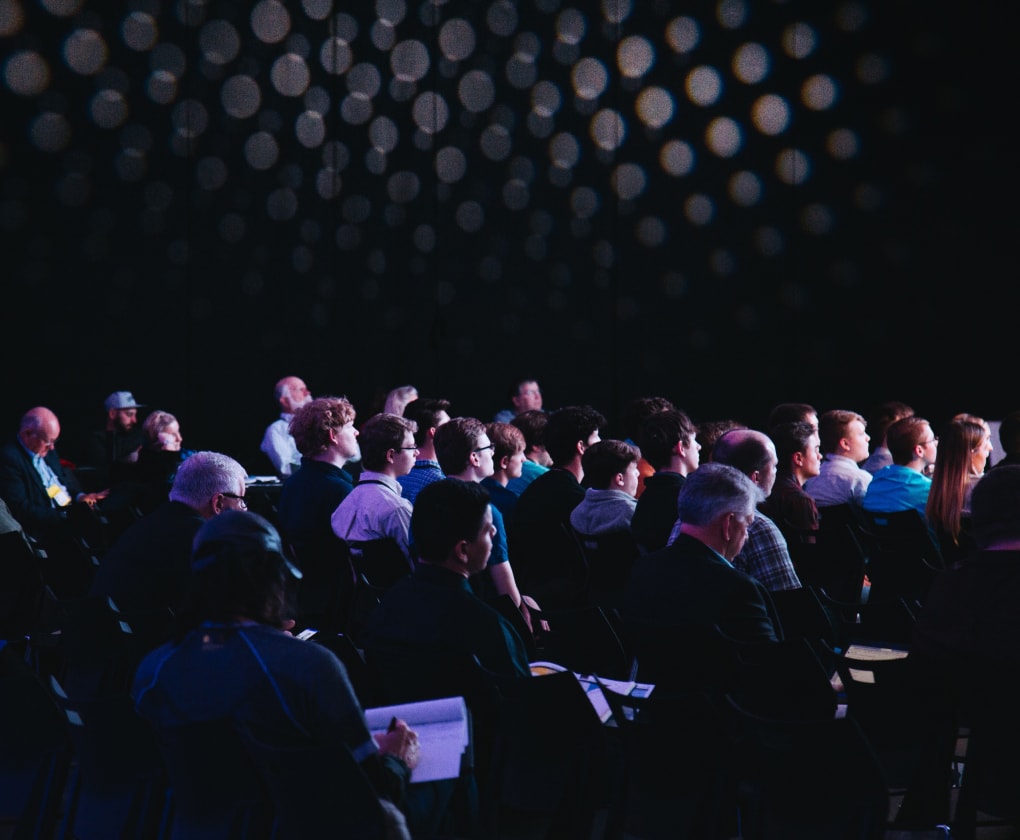Current Issue
NANOscientific Magazine, 2025
Volume 29
10 Sep 2025
The 2025 NANOscientific Symposium is set to be a landmark event, uniting global experts in the fields of nanoscience and nanotechnology.
This year, we extend our focus beyond Scanning Probe Microscopy (SPM) to encompass a broader range of nanotechnological applications and innovations. With an enriched agenda featuring keynote presentations from trailblazers in the industry, interactive sessions, and enhanced virtual networking opportunities, attendees will have unprecedented access to resources and collaborations that drive research, innovation, and commercial success in the ever-evolving world of nanotechnology.
Prof. Stefano Chiodini – Italian Institute of Technology Milan, Italy
Prof. Bikas Das – IISER Thiruvananthapuram, India
Prof. Eric Y. Ma – University of California Berkeley, CA, USA
Felix Pertl – Inst. of Science and Technology Austria, Austria
Dr. John Kim & Edward Park – Park Systems Corp., S. Korea
Interfacial electron-transfer (ET) reactions are fundamental to converting electrical energy into chemical energy and vice versa. The electronic state of electrodes significantly aects ET rates due to variations in the electronic density of states (DOS)
Extremely fast charging (i.e. 80% of storage capacity within 15 min) is a pressing requirement for current lithium-ion battery technology and also affects the planning of charging infrastructure. Accelerating lithium ion transport through the solid-electr
To advance the fields of semiconductor device technology and energy storage solutions, various analytical methods have been established. Among these, Scanning Spreading Resistance Microscopy (SSRM) is gaining recognition for its effectiveness in analy
Rechargeable aluminum batteries are gaining attention due to aluminum's abundance and stability. Understanding how initial surface properties of aluminum electrodes affect battery performance is crucial.
Volume 29
10 Sep 2025
Get the latest issue of a magazine with a new exploration.


NS Symposium
Connecting Global Experts in SPM for Advancements in Nanoscience and Technology


NS On-Demand
Provides easy access to recorded presentations from all the NSS symposiums, categorized by topics


NanoAcademy Online
AFM experts provide you ONLINE courses, easy and comfortable to join from home